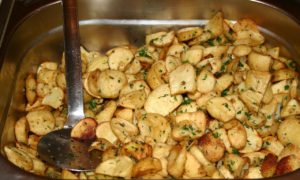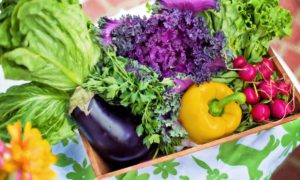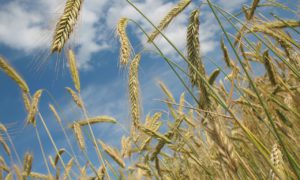10 ways to know if your food is organic
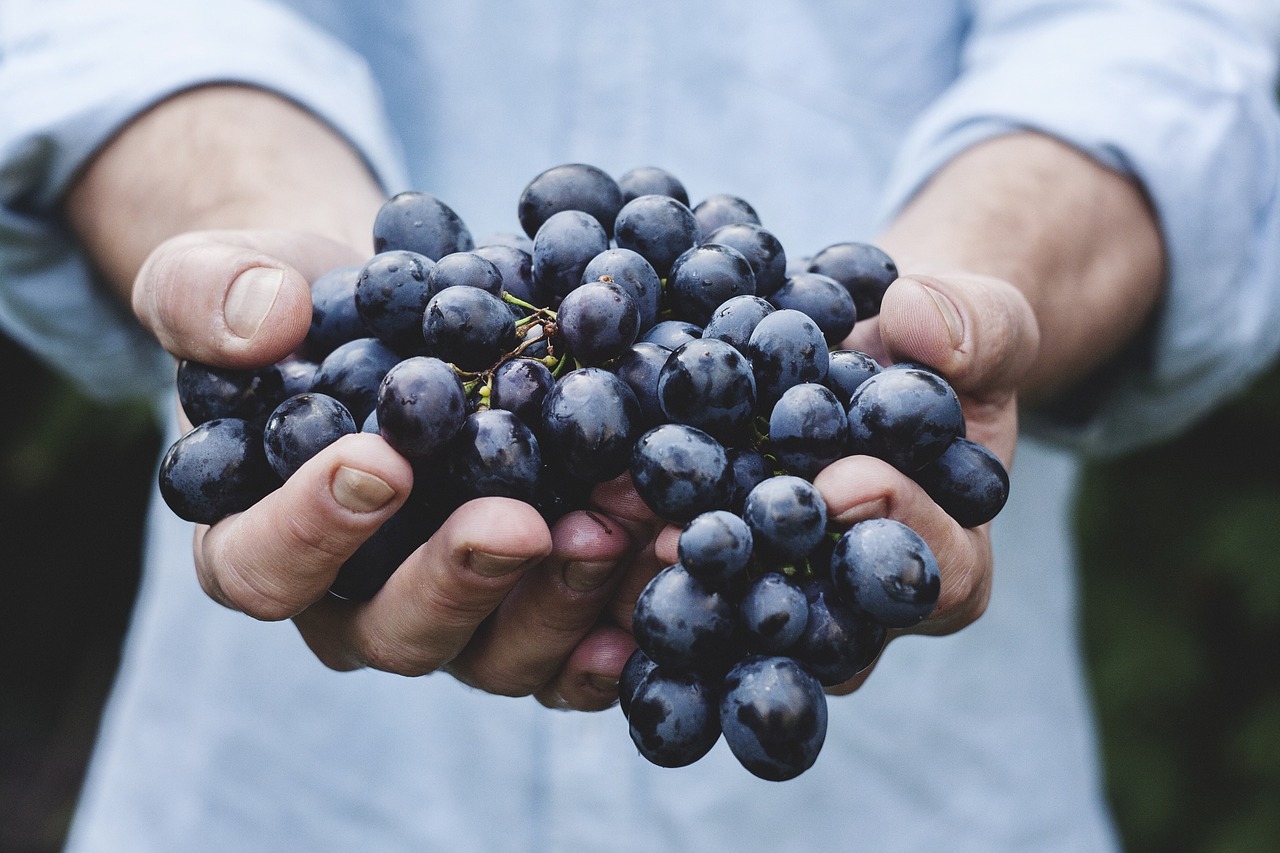
Organic products are twice or thrice as expensive as traditional products due to the demand-supply gap.
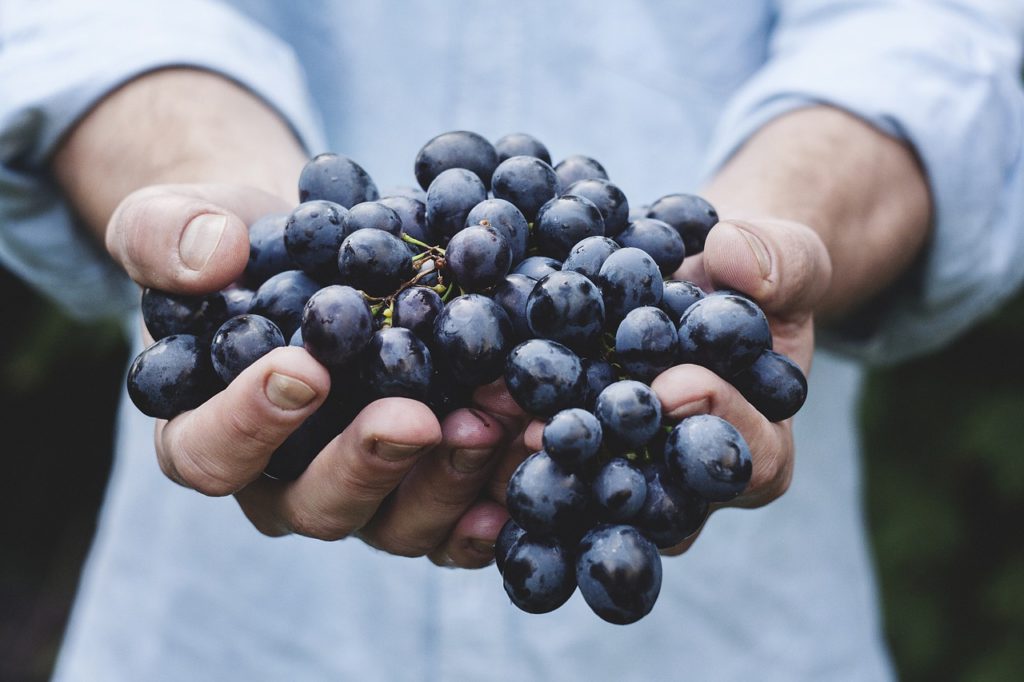
The West Bengal government is all set to run a market for organic products in New Town area on the suburbs of Kolkata.
The West Bengal Housing Infrastructure Development Corporation (HIDCO), a public sector undertaking, will be setting up the market on an 18-cottah plot located beside Major Arterial Road.
For the beginners, organic products are those grown and processed sans synthetic pesticides, antibiotics, irradiation, chemical fertilizers, industrial solvents, and/or chemical food additives.
Organic products are twice or thrice as expensive as traditional products due to the demand-supply gap.
But now the government is promoting organic agricultural products as they are reportedly higher in nutrients, free of neurotoxins, reduce risks of cancer and help in maintaining the immune system.
In terms of World’s Organic Agricultural land, India ranked 15 in 2013, according to FIBL & IFOAM Year Book 2015.
Here are 10 ways in which you can differentiate between organic and traditional food:
1. No two fruit or vegetable of the same tree will look same if grown organically.
For example, no two apple of the same tree or two leaves of the same mango tree will be alike – their look and structure will never be uniform.
Even each grain of organically produced “moong dal” (yellow lentil) will have different shades of yellow.
2. Organically produced fruits, grains and vegetables will never be too big in shape.
3. If naturally grown, lentils, wheat, wheat flour, brown rice, white rice and other grains will get worms in them after two-three months, especially during the rainy season.
The reason being, sprayed with too many chemicals, worms don’t find non-organic foods edible enough!
4. Organic food is tastier and needs less spices to add flavour to it. Your taste-buds will be able to understand the difference spot on.
5. Organic foods keep your digestive tracts healthy so you will suffer less from acidity and gastric disorders.
6. Organic products, especially spices, have a strong and district aroma since they retain their oil content, unlike non-organic ones where the oils are extracted and sold separately.
7. Pesticide-laden vegetables take a lot of time to cook while dishes made from organic products are ready faster.
8. Though not all products are labelled, but some meant for exports do find their way into the local markets.
Check the stickers – 4-digit Price Look Up (PLU) code means they are laden with pesticides; 5-digit PLU starting with 8 means they are Genetically modified (GM) crops; and, 5-digit PLU starting with 9 means genetically grown.
However, most labelled fruits and vegetables found in our markets are 4-digit ones.
9. Check the preservative used in the products you buy. If they are petroleum based, then surely it’s non-organic.
10. Organic fruits and vegetables, since, grown on a cleaner soil and sans antibiotics, spoil faster if kept in room temperature. But their shelf life increases inside a refrigerator.
(Sources: The US Food and Drug Administration (FDA, Agricultural and Processed Food Products Export Development Authority (APEDA), Organic.org, DNA)
Big Wire



